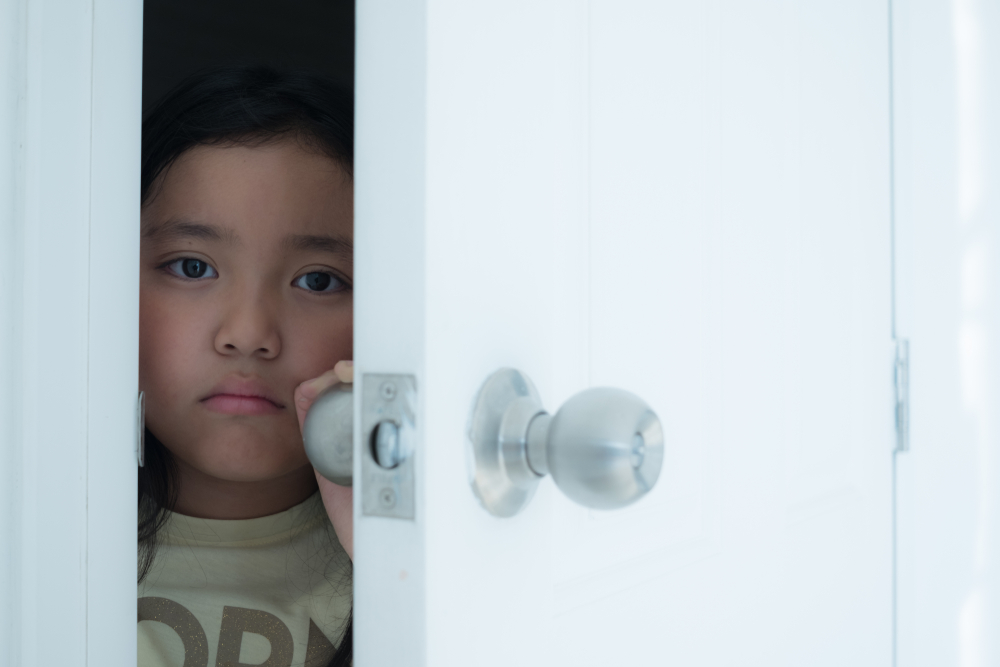Contents:
- Medical Video: How to love and be loved | Billy Ward | TEDxFoggyBottom
- How do you explain death in children?
- 1. Explain in easy-to-understand language
- 2. Don't avoid questions
- 3. Understand the child's response
- 4. Return to normal activities
- 5. Contact a doctor
Medical Video: How to love and be loved | Billy Ward | TEDxFoggyBottom
Death is a difficult thing to talk about. Especially when you have to explain it to children when there is the closest person who died. However, sooner or later you still have to give an understanding of the concept of death in children. Death can happen at any time to the people around him, so you will not be able to keep avoiding when the child asks "Where does Om X go, huh?" Or "Mother left for a long time, yeah? When come back? "So, how do you explain death to children?
How do you explain death in children?
Without your realizing it, your child may have a little picture of death. For example, from a fairy tale book that he read or the death of the animal he saw - whether on TV or around him. However, of course this is not enough. You need to explain death to your child more carefully so that he can prepare and grieve well, when someday death comes to his loved ones.
1. Explain in easy-to-understand language
Many explain that death in children is just as simple as, "Aunt X is sleeping again" or "Grandfather is away for a long time."
At first glance, this method is right. However, this can cause misunderstandings because children's thinking is very simple. Children know that people who are going or sleeping will be able to return. That's why they will keep asking until their curiosity and curiosity are answered - "Where do you go? Until when? How come I'm not invited to go? How come it's been so long to sleep? "And so on.
In fact, death is a permanent event. Cannot be canceled or repaired. Gradually, this method of delivery will foster a sense of rejection in the child as he grows. He will not believe that his loved ones are truly gone, and in the end this can trigger depression.
For that, explain the concept of death with a choice of words that are familiar, easy to understand, and short. For example, give the understanding that death can make a person's body unable to function, unable to move anymore, not breathing, unable to talk or eat.
2. Don't avoid questions
It is normal for children to keep asking about death, even repeating the same question. Because children need time to understand all that and also the circumstances around it. Answer calmly and keep showing your smile. On this occasion you can explain while helping children in facing the feeling of losing their loved ones.
Besides explaining what is death, you also explain what caused it. For example, grandfather died because his condition was very old or because of an illness. Tell us that not all diseases can cause death, only severe illnesses that cannot be treated. Diseases such as coughs or colds that are often experienced by them will not cause death because they can be treated and healthy again.
3. Understand the child's response
Death can cause trauma to children. So, give time to the child to grieve in his own way. Every child shows a different response when you explain what death is. Some show feelings of sadness, silence, or normal as usual. If your child cries, try to calm him down.
Don't let him sink into his sadness. You can say things that make him calm. Tell him sad and grieving is normal. Give him a hug and remove his tears. Choose another time to continue the explanation when the child's emotions have improved and they themselves begin the question.
However, keep giving supervision and pay attention to whatever the child is doing. After it starts to improve, you can divert the child to something he likes. So, children do not continue to drag on sadness.
4. Return to normal activities
Grieving is the best way to cure loss. Not just children, you can also show your sadness. Do not let you not think about your own health because it focuses on children. It's just that you don't express your sadness excessively so that it makes the child feel uncomfortable around you. Remember that he also lost his loved one.
Don't let sadness make a child and you forget about eating, resting, and other activities that are usually done. Trying to return to activities as usual can make you feel better and will not continue to get worse in sadness.
5. Contact a doctor
If the child has difficulty accepting the death of the closest person, such as to disturb sleep and other activities, you should immediately consult a doctor. Likewise with you, don't let this happen and can affect your physical and mental health.












